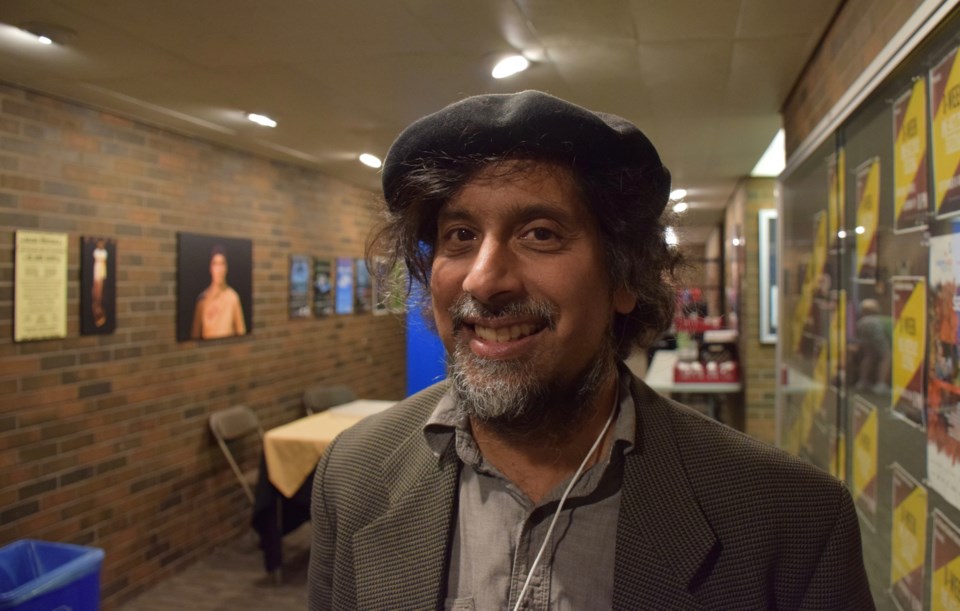Ajay Heble expects to break ground this fall on a facility at the University of Guelph that will function as a hub to carry out work associated with the International Institute for Critical Studies in Improvisation.
Heble, director of the Institute, recently received a $2.03 million grant from the Canada Foundation for Innovation to build the 300-seat performance facility and trick it out with the latest technology.
The ImprovLab will provide physical space to carry out research and to hold workshops and performances associated with the institute. Most importantly, the technology will allow the facility to bridge geographical distance and bring together researchers and performers from around the world.
In an interview, Heble said the architect will soon be announced and he expects the project to begin this fall. It will take about a year to build.
“It builds on the work of the IICSI,” Heble said. “We often struggle to find venues. This will help with that as well.”
Heble began his career at the University of Guelph as an English professor and on the side he founded the Guelph Jazz Festival. As the festival developed, Heble added the colloquium – workshops and lectures where the performers can speak about their work, what it means to them, and the process of improvisation – in an effort to make jazz music more approachable to uneducated audiences.
From this Heble devised the International Institute for Critical Studies in Improvisation, and it has been a growing department on campus.
Heble explains the kind of work done there with two examples. One is a performance during the 2010 jazz festival, where, through technology, performers in different cities were able to perform together.
“They had no language in common,” Heble said. “And there was no pre-arranged musical direction. They just played and listened and the performance was remarkable.
“And the questions raised were profound. How do they get along, how do they communicate? It’s about listening, about trust, about social obligation. We realized there are lessons to be learned from artistic encounters.”
Heble’s second example comes from a collaboration between the institute and Kids Ability, a social agency for children with physical and developmental disabilities. The jazz festival offered musical education to willing participants and they performed during the festival.
“What we learned from interviews with parents, with youth and with staff was that the program had a profound impact on the children,” Heble said.
“They learned there are no wrong notes. Music is mostly about listening. And some displayed leadership skills that weren’t expected. The ImprovLab will continue working with Kids Ability.”
Heble has also been developing a graduate program at the IICSI, which is an exciting move forward for the program.
“The University of Guelph is a world leader in improv studies,” Heble said. “We have a unique vision to work with festivals and social service organizations on collaboration.
